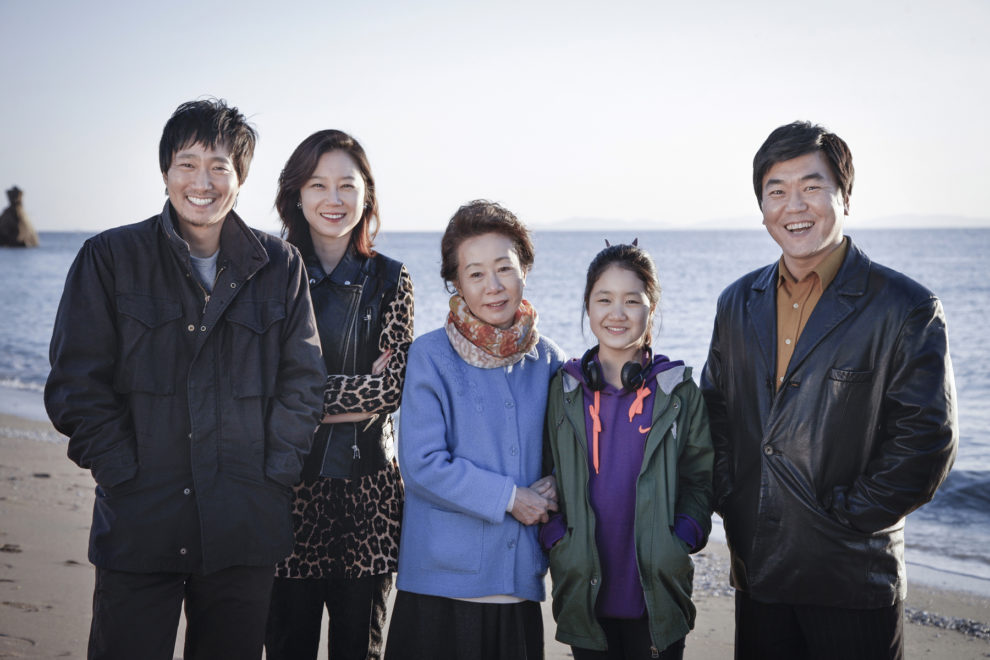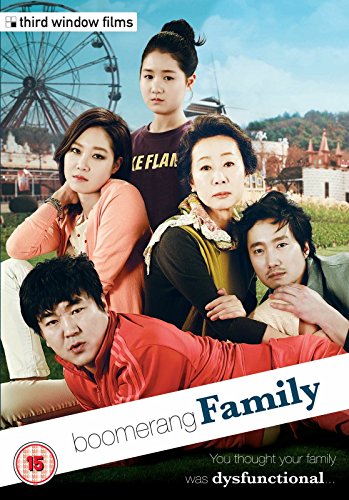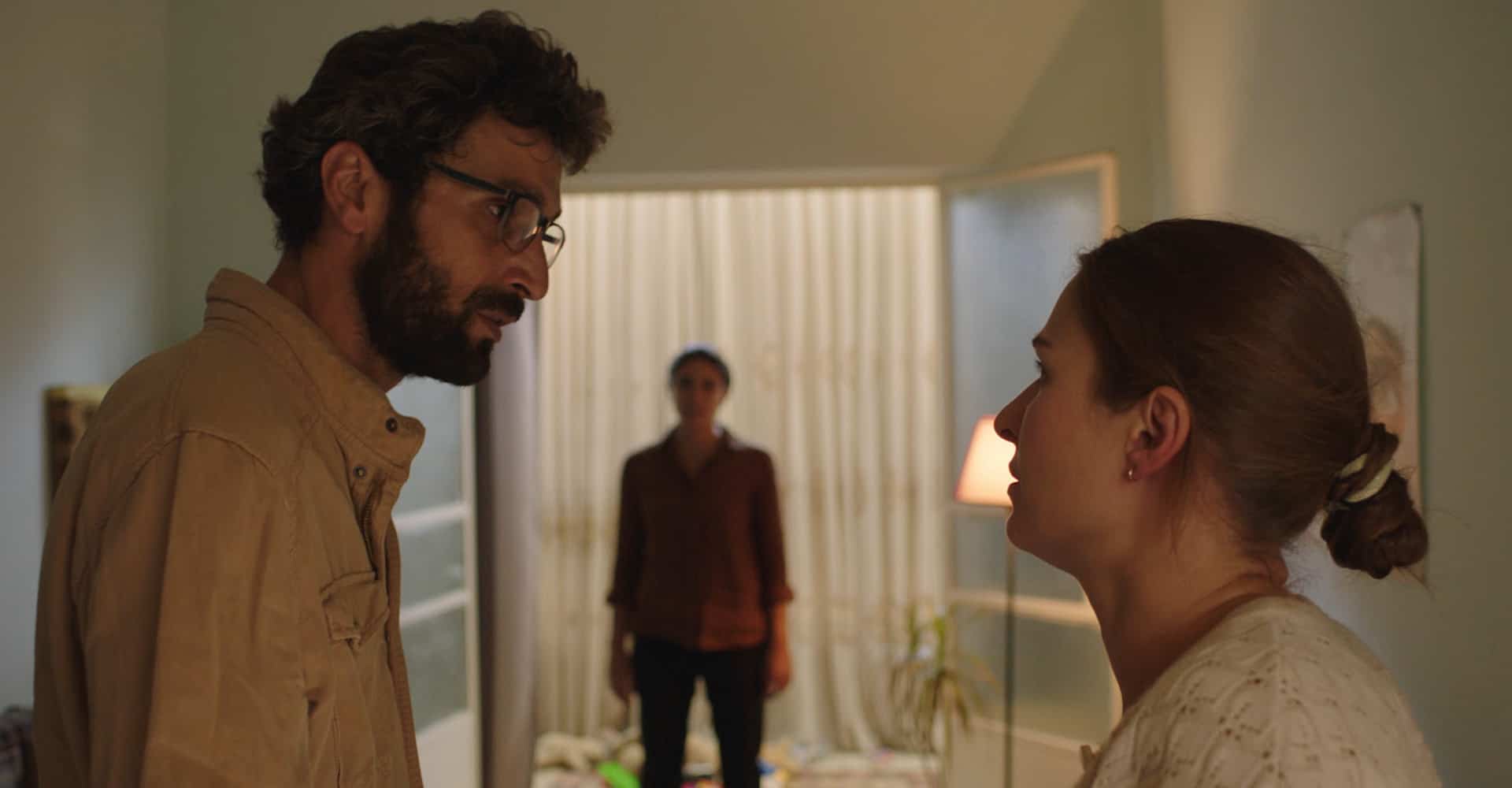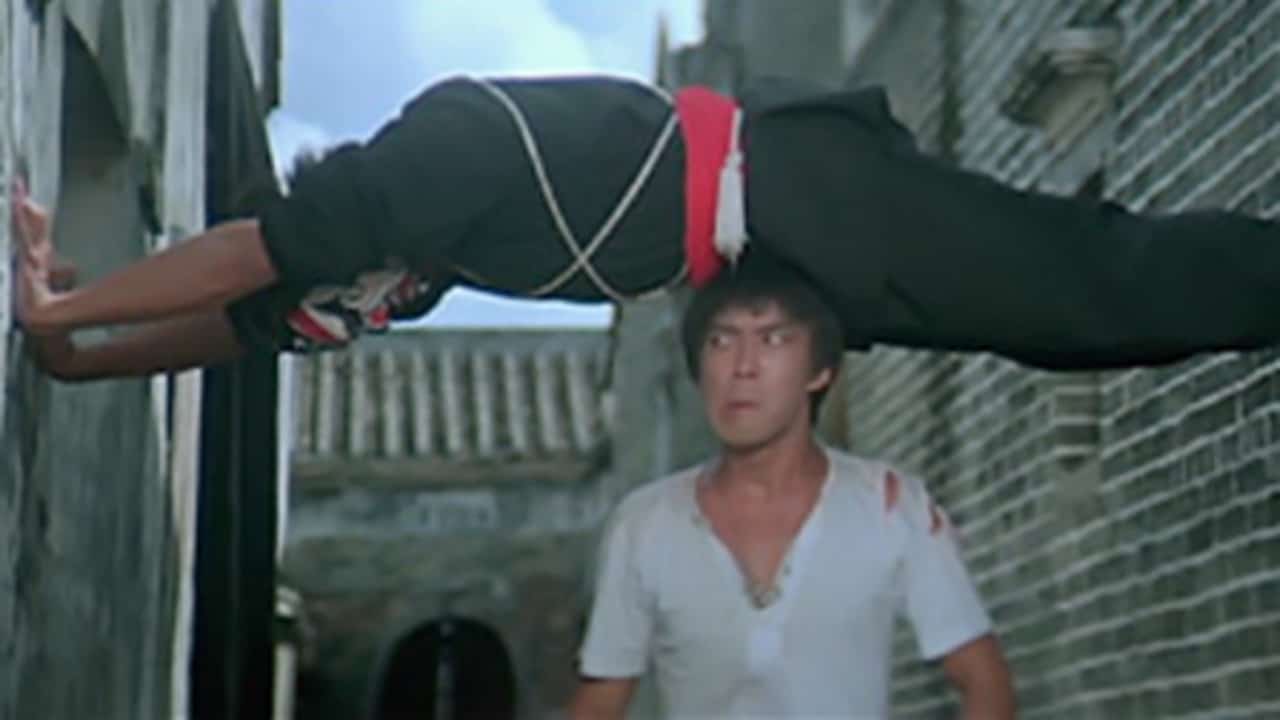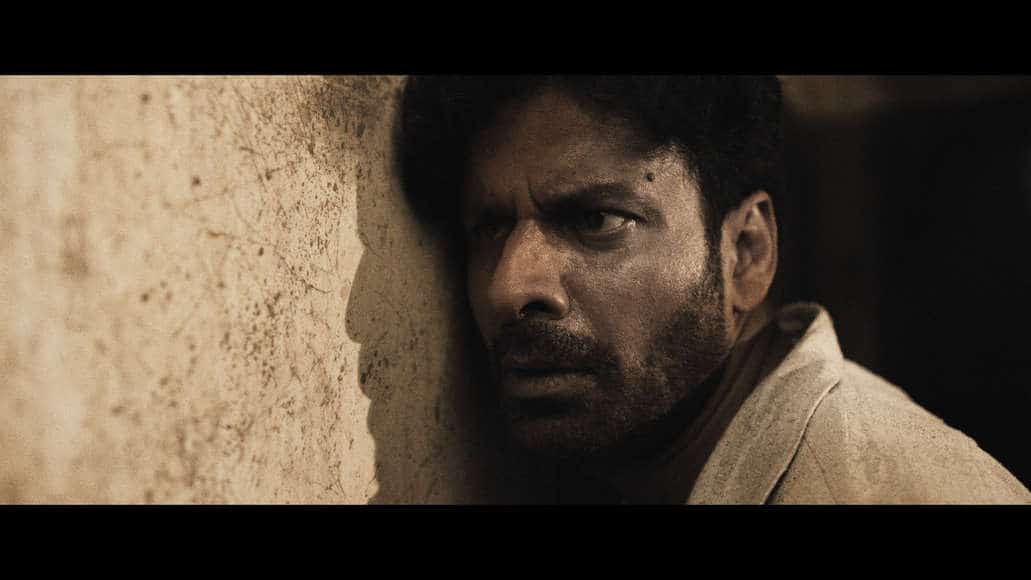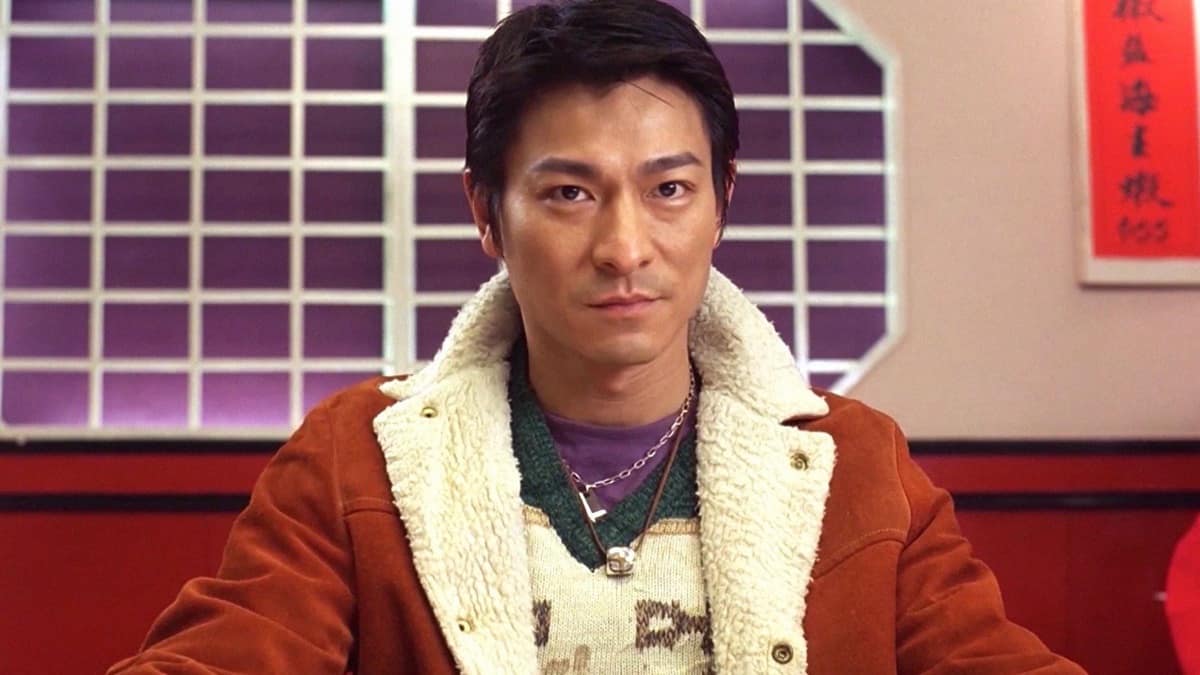Featuring a great cast, an accomplished director, and rather successful novel in Cheon Myeong-han's “Modern Family” as its base, “Boomerang Family” had all the prerequisites of becoming a great movie. Let us see if it lived up to the expectations.
Buy This Title
After a rather intense introduction where director In-mo beats a man for sleeping with his wife, the story jumps to his rundown house, and his landlady yelling for him to leave since he has not paid rent for quite some time. Feeling a complete failure, In-mo is about to hang himself, when a call from his mother inviting him to dinner literally saves the day. Instead of killing himself, the failed director decides to move in his mother's apartment, where his older brother, Han-mo, a 42-year-old unemployed ex-gangster who has just been out of prison, is also residing. The latter is not particularly happy with his brother's decision, and the wrestling matches (again, literally) soon begin. The situation becomes even worse when their younger sister, Min-yeon, a boozy 35-year-old with a 15-year-old daughter, Min-kyung, announces that the two of them will also be living in the house, after her second divorce. As Min-yeon is not exactly an easy child, the situation soon becomes explosive, despite the Mother's effort to retain some sort of balance. Eventually a number of secrets come to the fore.
Song Hae-sung creates a rather entertaining narrative, whose base lies with the characters of the three siblings, who are all so immature, that essentially do not differ at all from their 15-year-old, almost delinquent niece, on occasion even being even worse than her. Song plays with the fact as much as possible, showing grownups getting drunk and fighting like children, with the way particularly the two males conduct themselves being that of teenage boys, always fighting and insulting each other any way they can. The fact that the mother cannot do much to help them, apart from accepting them in her house and putting up with their shenanigans, also adds to the narrative, particularly through her efforts not to show any kind of favoritism. Her overall attitude is cemented in one of the best scenes of the movie, where the three drunken siblings get into a fight in a restaurant with the people from the next table, while she continues to drink her soju like nothing is happening. Oscar-winner Youn Yuh-jung is once more great in the part, and even more so when a number of revealed secrets turn the movie into a drama.

Talking about acting, the way the whole cast interact with each other and their overall chemistry is one of the best traits of the movie, with Song playing with their individual characteristics in the most entertaining way, but also with the fact that all three siblings, are essentially losers. Yoon Je-moon is hilarious as the bully-slob, always being prone to violence and exhibiting behaviour that frequently could be described as disgusting. Park Hae-il as the failed director In-mo carries his sorrow and sense of hopelessness in the most intriguing fashion, while the scenes where he playfully bullies his niece, occasionally along with Han-mo, are truly hilarious. At the same time, Song mocks the fact that the rest of the family consider him the smartest, since he managed to become a director, by asking him to solve any kind of problems that come their way, and him being only able to comment on his niece's bad grammar. Gong Hyo-jin as Mi-yeon is has a rather poisonous temper, and in combination with the fact that she likes her drinks particularly, results in a number of moments that are both rather funny and dramatic. The ways that Jin Ji-hee as Min-kyeong seems to follow in her mother's footsteps, and her interactions with her uncles, also add much to the overall atmosphere of the film, with her being particularly good in the ones where she becomes the “victim”.
At the same time, Song also makes a point that, despite their differences, the three of them still care for each other and are willing to go to extremes when one of them is in trouble, thus highlighting the bonds of family, with Han-mo emerging, surprisingly, as the one more eager to do so.
It is somewhere here, however, and during the transition from comedy to drama, starting with the underwear episode and continuing with Min-kyung's incident, that Song loses his sense of measure, with the movie moving towards paths that are unrealistic, far-fetched, and essentially disconnected from the rest of the narrative. In-mo's monologue during a rather violent scene and the ending are probably the most intense in that regard, even if the former is one of the most visually impressive scenes in the movie.
Hong Kyung-pyo's cinematography makes the most of the apartment the majority of the movie takes place in, with him using a number of different angles to induce a narrative that occasionally moves towards the stage play with a constant sense of movement. The exterior shots are also well done, with the violent ones being rather impressive in the way they are shot, in a completely different and definitely darker style than the ones in the house. Park Gok-ji's editing implements the episodic nature of the movie through a rather fast pace with frequent cuts. However, the movie would definitely benefit from some intense trimming, particularly regarding the last episodes, which are the ones that bring down the whole movie after a fashion.
Despite this fault however, “Boomerang Family” carries its comedy in the most impressive way for the majority of its duration, in the end emerging as a rather entertaining film, whose good moments will probably make the viewer forget its bad ones.


